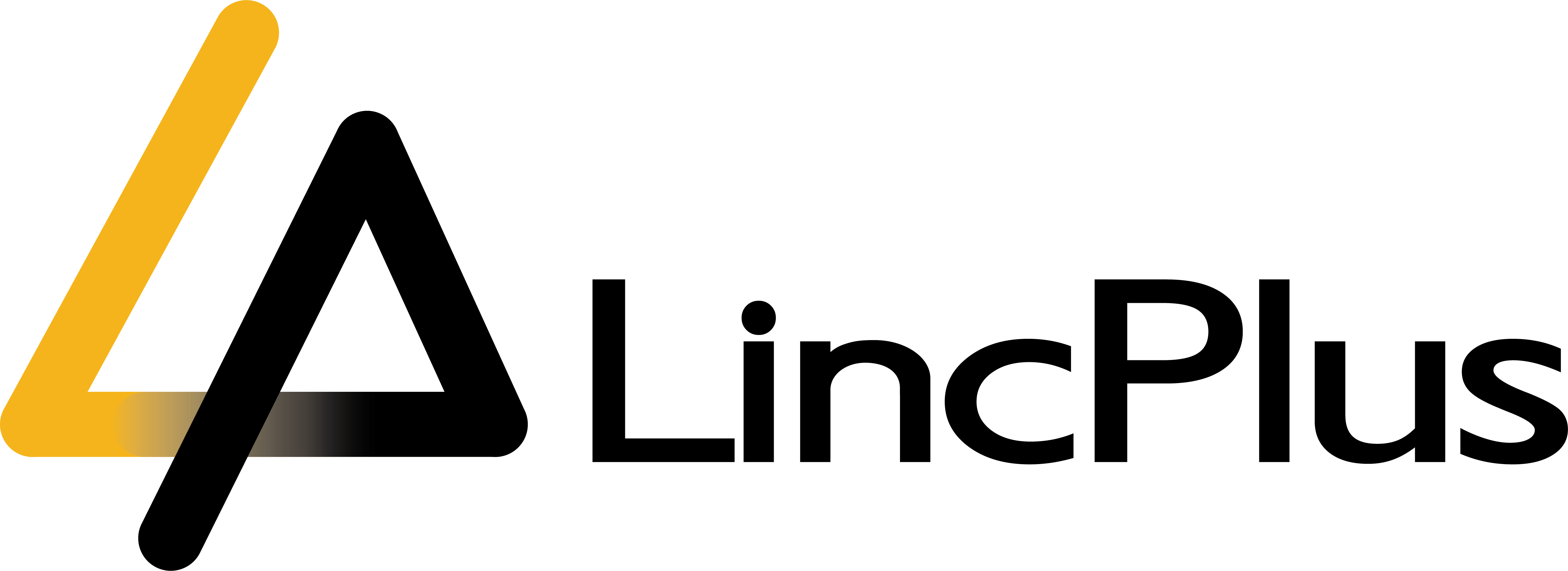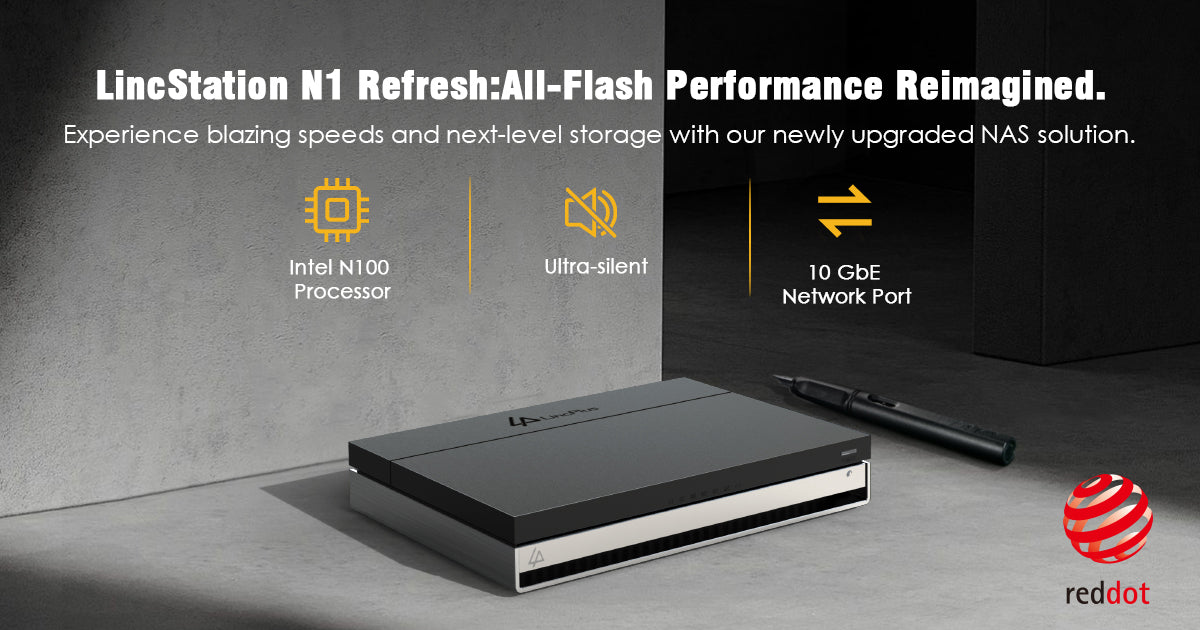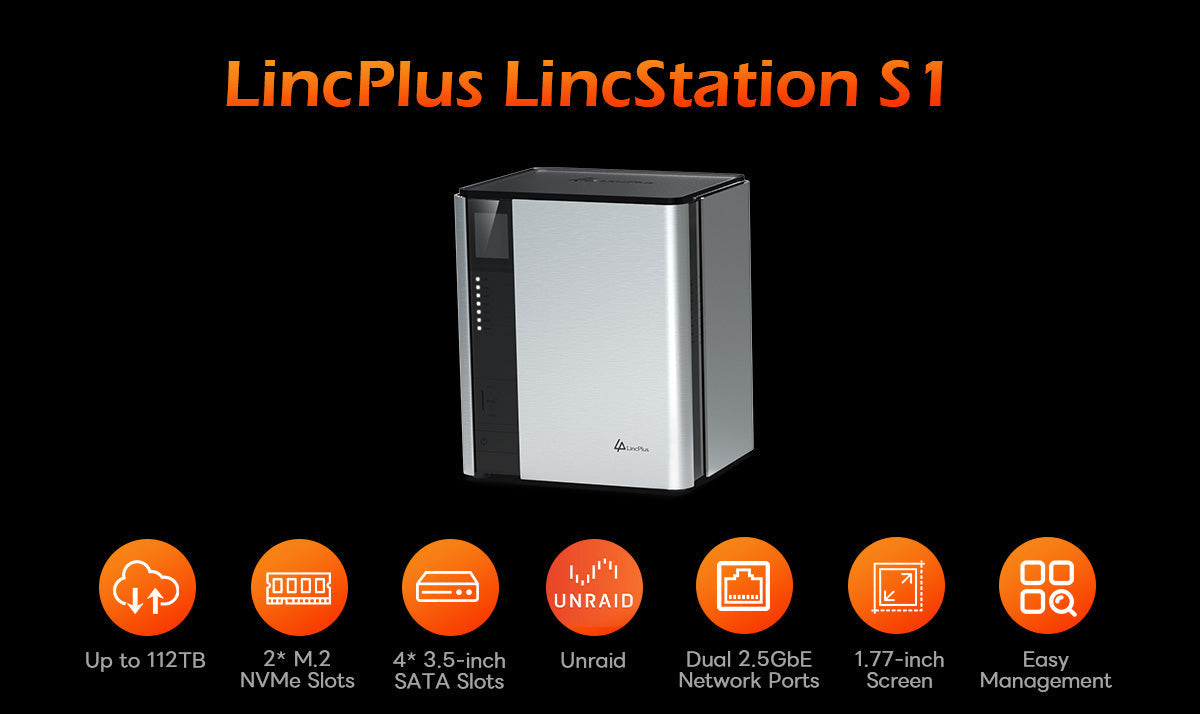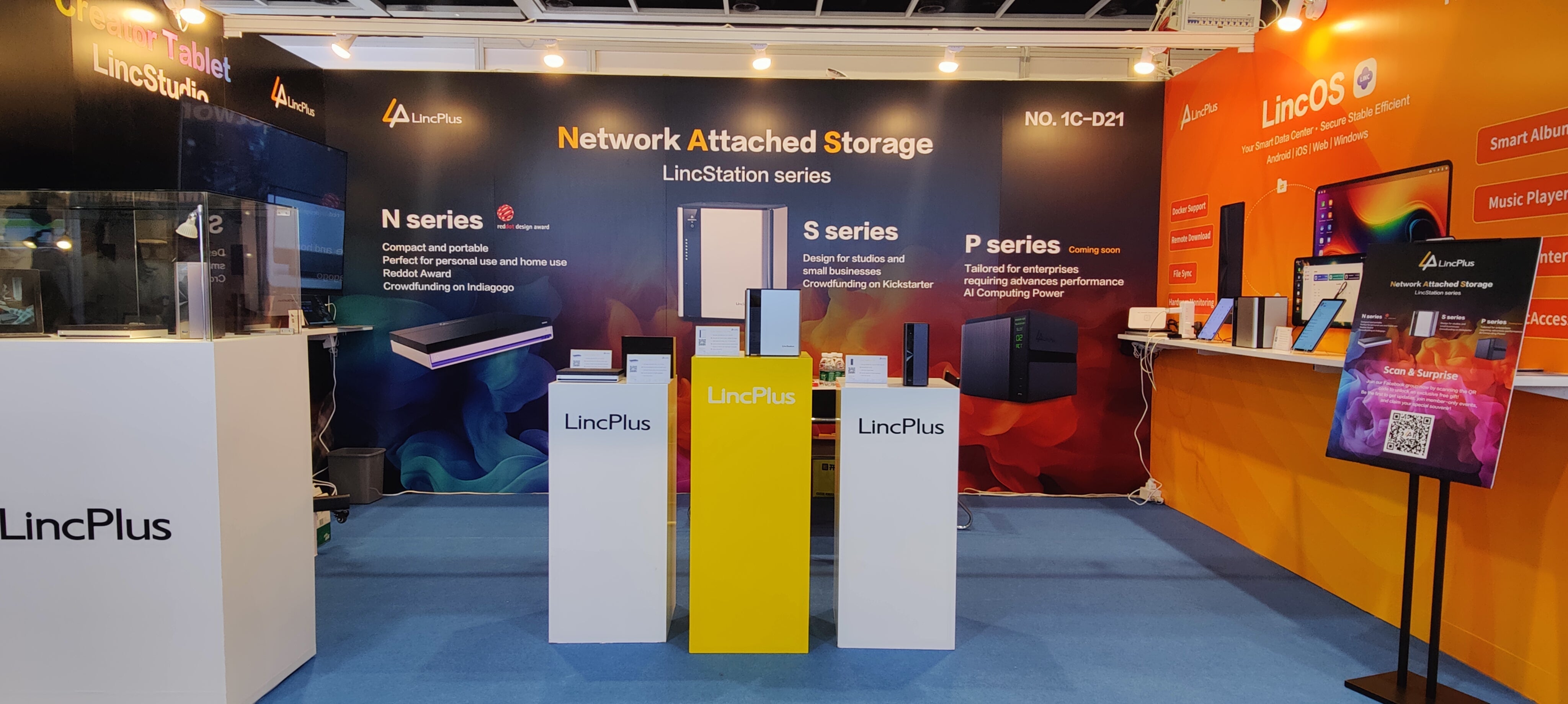Why You Need NAS for PC
In today’s digital age, personal and professional data is growing at an exponential rate. Whether you're a content creator managing high-resolution videos, a remote worker dealing with large files, or just someone with a growing media library, traditional storage methods often fall short. That’s where Network Attached Storage (NAS) comes in.
Using a NAS for PC means transforming your computer setup into a centralized data hub. It allows multiple devices to access, store, and manage files efficiently over a local network or even remotely over the internet. A NAS doesn’t just replace external hard drives; it revolutionizes how you handle your digital assets.
Whether you're considering turning a mini PC into a NAS or buying a purpose-built NAS device, understanding the role of NAS for PC is crucial for enhancing productivity, collaboration, and data security.
The Benefits of NAS for PC
1. Centralized File Storage
NAS enables you to store all your files in one place. This is especially useful in a home or small office environment where multiple users need access to shared data.
2. Remote Access
Modern NAS systems support remote access, meaning you can retrieve or upload files from anywhere in the world. This is perfect for freelancers, digital nomads, and remote teams.
3. Automated Backups
A NAS setup allows you to schedule automatic backups of your PC, ensuring your important files are never lost.
4. Media Streaming
NAS devices can double as media servers, allowing you to stream music, movies, and photos to your TV, phone, or tablet via Plex or DLNA-compatible apps.
5. Enhanced Security and Redundancy
With RAID configurations and built-in encryption, a NAS provides better protection for your data than a typical external hard drive.
6. Expandability
Unlike a single hard drive, most NAS systems offer multiple bays, allowing you to add more storage as your needs grow.
When to Choose NAS PC vs Traditional NAS
- Choose NAS PC When:
- You enjoy DIY setups and want full control over your storage system.
- You have spare hardware (like a mini PC) and want to convert it into a NAS.
- You want the flexibility to install custom operating systems like TrueNAS, Unraid, or OpenMediaVault.
- You're looking for a more budget-friendly, customizable solution.
- You're comfortable managing and maintaining your own hardware and software stack.
Choose Traditional NAS When:
- You prefer a plug-and-play experience with minimal setup.
- You want a device that comes with dedicated support and warranty.
- You need a stable, reliable system with optimized NAS software out of the box (e.g., Synology DSM, QNAP QTS).
- You don't have the time or skills to configure and troubleshoot your own setup.
- You need advanced enterprise features like multi-user permission management, snapshot backups, and surveillance system integration.
- Both options have their merits, and the choice depends on your technical ability, budget, and long-term usage goals.
How to Choose a NAS for PC
When choosing a NAS solution for your PC setup, you should consider the following factors:
1. Form Factor:
If you're looking for something compact, a mini PC NAS or small form-factor NAS like the LincPlus LincStation N2 can be an ideal choice. It's small enough to sit on a desk without taking up space, but powerful enough to handle serious workloads.
2. CPU and RAM:
A good NAS needs a capable processor and sufficient memory, especially if you're running apps like Plex, Nextcloud, or Docker containers. For example, Intel Celeron or ARM-based CPUs are common in budget models, while higher-end units feature Intel i3/i5 or AMD Ryzen chips.
3. Drive Bays and Capacity:
Consider how much storage you need now and in the future. Look for NAS units that support 2 to 4 bays for home users, or even 6+ for power users.
4. Connectivity:
Gigabit Ethernet is a must, and dual LAN or 2.5GbE ports offer a serious performance boost. Also check for USB ports, HDMI output (for media playback), and expansion slots.
5. Software Support:
Ensure the NAS OS is user-friendly and supports key apps and features like snapshots, backup, file sharing, virtualization, and media servers. Platforms like TrueNAS, OpenMediaVault, and Synology DSM are popular options.
6. Power Consumption and Noise:
A mini PC NAS or fanless NAS is a great option if you plan to keep it running 24/7 in a home or office.
Spotlight: LincPlus LincStation N2
The LincPlus LincStation N2 is a next-generation mini PC NAS designed for users who need both performance and simplicity.
Key Features:
- Compact & Stylish: A modern, minimalist design perfect for desktops or living rooms.
- Intel Processor: Efficient and powerful enough for multitasking and media streaming.
- Tool-Free Drive Installation: Makes it super easy to add or replace drives.
- Supports Multiple NAS Apps: From Plex to Docker, making it ideal for both casual users and pros.
- Low Power Consumption: Designed to run 24/7 without racking up electricity bills.
Active Kickstarter Campaign: Early adopters can take advantage of special pricing and rewards. Check it out here.
If you’re looking to build or upgrade your home server setup, the LincStation N2 is a smart, future-proof investment.
Conclusion
Turning your PC or a mini PC into a NAS is one of the smartest tech upgrades you can make in 2025. From centralized storage to media streaming and remote access, NAS for PC offers an all-in-one solution to the ever-growing need for digital storage and file management.
Whether you’re a home user, small business, or tech hobbyist, there’s a NAS setup out there for you. With compact, high-performance options like the LincStation N2, the world of NAS is now more accessible than ever. It’s time to take control of your data and make your digital life simpler, safer, and more efficient.




Commenta
Nota che i commenti devono essere approvati prima di essere pubblicati.
Questo sito è protetto da hCaptcha e applica le Norme sulla privacy e i Termini di servizio di hCaptcha.